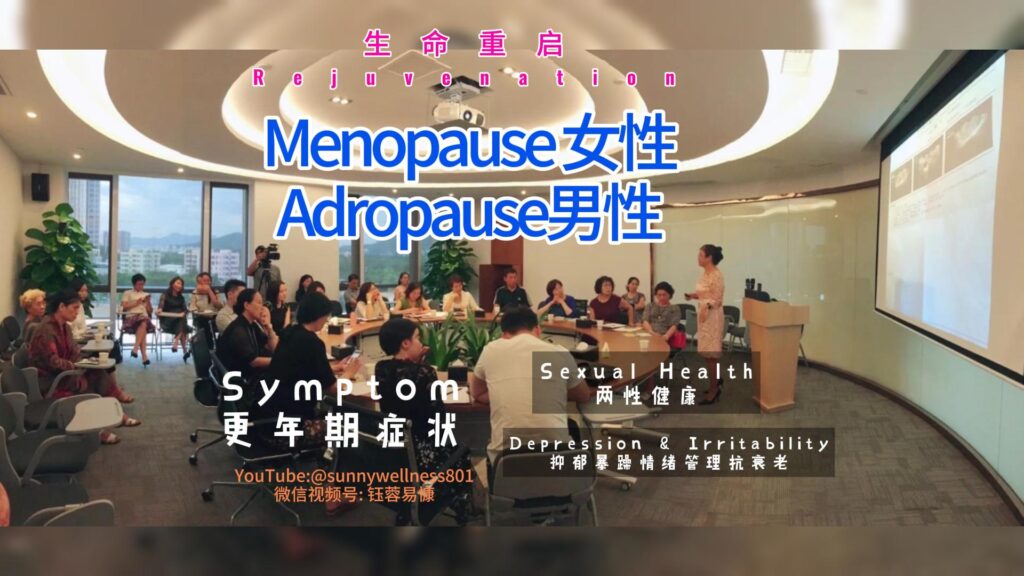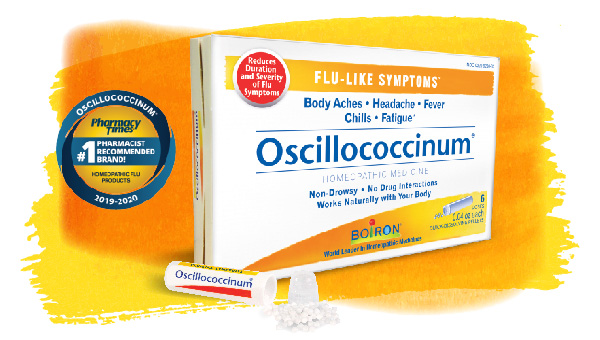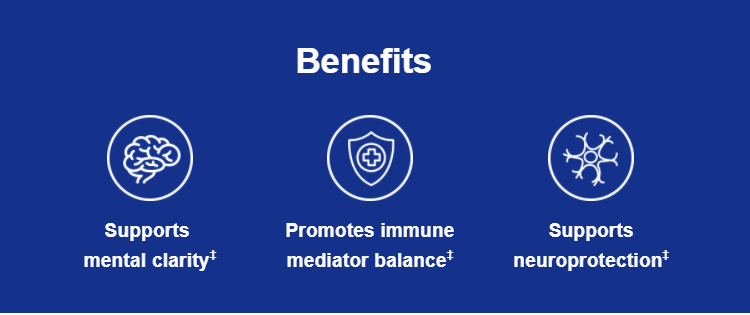Stem cell Infusion
Stem cell transfusion is a medical procedure in which stem cells are infused into a patient’s body to treat or prevent certain diseases, especially those related to the blood, immune system, or damaged tissues. The transfused stem cells can develop into different types of cells, potentially regenerating damaged tissues or replenishing blood cells. Here’s an overview of what stem cell transfusion entails:
What is Stem Cell Transfusion?
Stem cell transfusion is often synonymous with stem cell transplantation, where healthy stem cells are transferred to a patient to replace damaged or diseased cells. It’s commonly used to treat conditions like leukemia, lymphoma, and certain genetic disorders. Stem cells are usually derived from bone marrow, peripheral blood, or umbilical cord blood.
Types of Stem Cell Transfusion
- Autologous Transfusion (Self):
- Source: The patient’s own stem cells are harvested, usually before treatment like chemotherapy or radiation, and then reinfused back into their body.
- Usage: Common in cancer treatments where the patient undergoes intense therapy that damages their bone marrow. Autologous transfusions help restore the patient’s bone marrow function.
- Allogeneic Transfusion (Donor):
- Source: Stem cells come from a donor, usually a sibling or someone who is a close tissue match.
- Usage: Used in the treatment of blood disorders like leukemia, where the patient’s own stem cells are not viable or healthy. Donor cells can create a new, healthy blood and immune system for the patient.
- Syngeneic Transfusion (Identical Twin):
- Source: The stem cells come from an identical twin.
- Usage: This is rare but ideal because there’s no risk of rejection, given the identical genetic makeup between the donor and the recipient.
Procedure of Stem Cell Transfusion
- Stem Cell Collection:
- Stem cells can be harvested from different sources such as bone marrow, peripheral blood (using a process called apheresis), or umbilical cord blood.
- In cases of autologous transfusions, the patient’s own stem cells are harvested and stored before treatment.
- Preparation (Conditioning Regimen):
- Before receiving the stem cells, the patient usually undergoes chemotherapy, radiation therapy, or immunotherapy to eliminate the diseased or damaged cells and make space for new stem cells to grow.
- Transfusion:
- Stem cells are delivered to the patient through an intravenous (IV) line, much like a blood transfusion. The procedure itself is usually painless.
- The stem cells travel through the bloodstream and settle in the bone marrow, where they begin to produce new, healthy blood cells.
- Engraftment:
- After the transfusion, the stem cells must engraft (or take root) in the bone marrow. It may take a few weeks for the transplanted stem cells to start generating new blood cells.
- During this time, the patient is closely monitored for signs of infection, complications, or graft-versus-host disease (GVHD) (in allogeneic transplants).
Conditions Treated by Stem Cell Transfusion
- Blood Cancers: Leukemia, lymphoma, and myeloma are the most common conditions treated with stem cell transplants. The new stem cells create healthy blood cells that replace those damaged by cancer or chemotherapy.
- Bone Marrow Disorders: Aplastic anemia and other conditions that affect the bone marrow’s ability to produce blood cells can be treated with stem cell transplants.
- Genetic Disorders: Some inherited disorders like sickle cell anemia or thalassemia may be treated with stem cell transplants.
- Autoimmune Diseases: In some cases, stem cell transplants are used in autoimmune diseases like multiple sclerosis (MS) to reset the immune system.
Potential Risks and Complications
- Graft-Versus-Host Disease (GVHD):
- In allogeneic transplants, there’s a risk that the donor cells will attack the recipient’s tissues, leading to GVHD, a potentially serious complication.
- Infection: The patient’s immune system is weakened after the procedure, making them vulnerable to infections during the engraftment phase.
- Rejection: In some cases, the patient’s body may reject the donor stem cells, which can lead to failure of the transplant.
- Long-term Side Effects: Some patients may experience long-term side effects such as fertility issues, organ damage, or an increased risk of secondary cancers.
Advancements in Stem Cell Transfusion
- Cord Blood Transplants: Umbilical cord blood is a rich source of stem cells, and using it for transplants is a growing area of research, especially for children and smaller adults.
- Gene Therapy and Stem Cells: Advances in gene editing and stem cell technologies are creating new possibilities for treating genetic diseases. For example, scientists are exploring combining CRISPR with stem cell transplants to correct genetic mutations before the stem cells are infused into patients.
Conclusion
Stem cell transfusion has revolutionized treatments for many life-threatening diseases, particularly blood-related disorders and cancers. While the process comes with risks, it has offered hope and healing for many patients who have few other treatment options. Ongoing research continues to improve the safety and efficacy of stem cell transfusion, expanding its potential applications across various medical fields.
Stem cell Infusion Read More »










